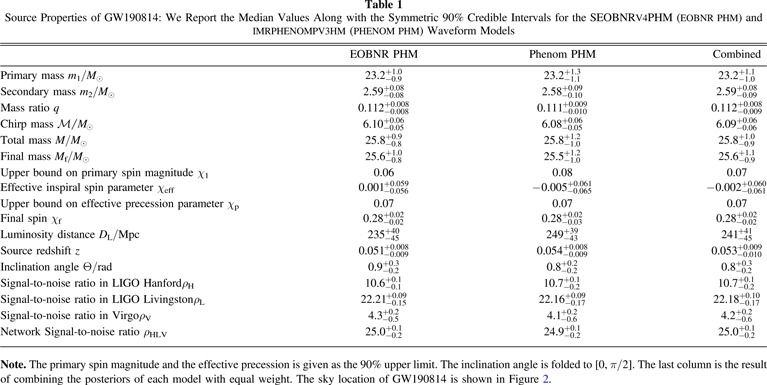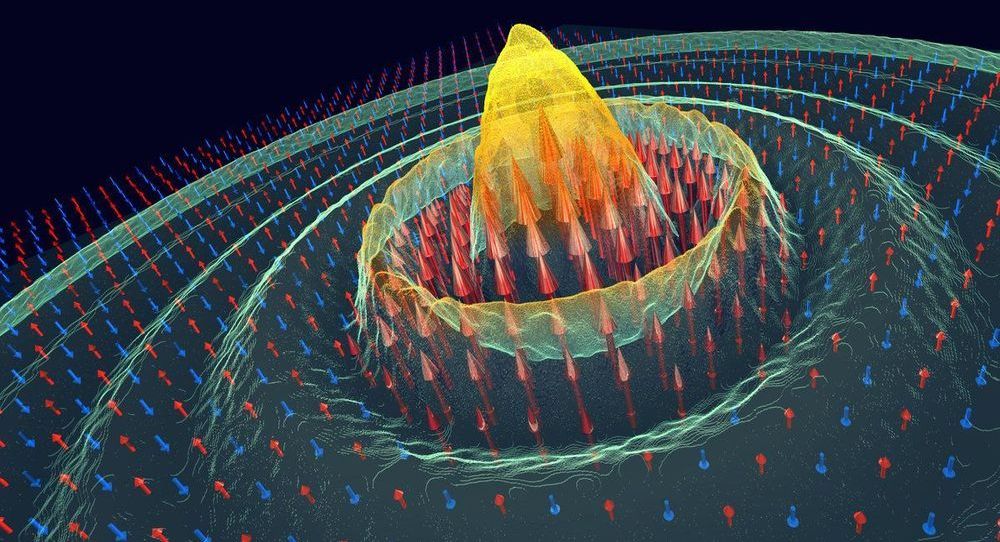Intensity is rising at CERN. In the superconducting equipment testing hall, an innovative transmission line has set a new record for the transport of electricity. The link, which is 60 metres long, has transported a total of 54 000 amperes (54 kA, or 27 kA in either direction). “It is the most powerful electrical transmission line built and operated to date!” says Amalia Ballarino, the designer and project leader.
The line has been developed for the High-Luminosity LHC (HL-LHC), the accelerator that will succeed the Large Hadron Collider (LHC) and is scheduled to start up at the end of 2027. Links like this one will connect the HL-LHC’s magnets to the power converters that supply them.
The secret to the new line’s power can be summarised in one word: superconductivity.








